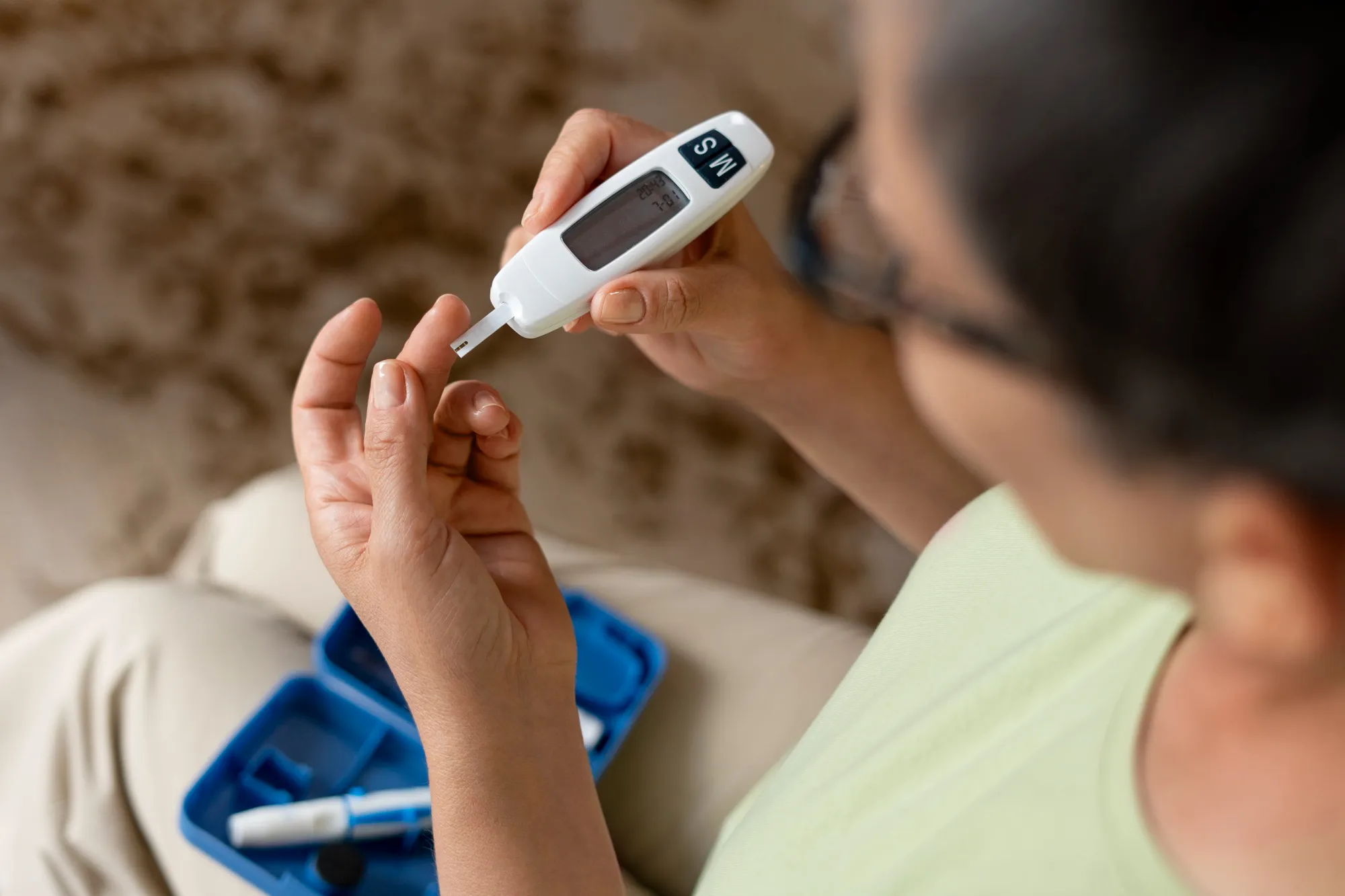With approximately 463 million adults worldwide living with diabetes, as indicated by the International Diabetes Federation, the pursuit for effective and patient-friendly treatments continues unabated. Emerging as a beacon of hope in this regard is a discovery that has recently graced the pages of ‘Internal Medicine’, a reputed journal from Tokyo, Japan, providing a remarkably simple yet efficacious solution to a common problem faced by many patients taking oral semaglutide for type 2 diabetes mellitus – its bitter taste (DOI: 10.2169/internalmedicine.2608-23).
Semaglutide, a medication that has earned its design accolades, comes with a unique coating specifically engineered to survive the rigors of oral ingestion. This allows patients to conveniently take their diabetes medication without the need for injections. Despite its innovative formulation, a persistent issue that has plagued users is the lingering bitter taste, which can affect patient compliance and overall treatment satisfaction. The sensory displeasure of taking essential medication becomes a daily struggle for those whom taste is a barrier to consistent use.
It was this distinct challenge that led a group of diligent researchers, Okada Shuichi and his colleagues from various medical institutions across Japan and the United States, to seek an uncomplicated yet transformative solution. Their groundbreaking case report, dated January 13, 2024, chronicles an enlightening finding—hot water can neutralize the bitterness associated with oral semaglutide intake.
Specifically, the team noticed that when the temperature of the water used to ingest oral semaglutide was increased to between 46.0°C and 52.0°C, the patients perceptibly reported no bitterness. Moreover, this phenomenon occurred without any adverse impact on the drug’s efficacy, as indicated by the stable daily mean interstitial glucose levels within target ranges. Translating these observations into practice could be as simple as advising patients to take their medication with a cup of hot water, potentially increasing the agreeableness and adherence to their treatment regimen.
The team’s study focused on four cases wherein patients consistently remarked on the improved taste profile when taking oral semaglutide with water at the aforementioned temperatures. Although the sample size is small, the consistent outcomes point towards a potentially universal application of this discovery, suggesting that this finding could extend beyond these individuals to benefit the broader diabetes community.
The implications of this discovery are palpable and far-reaching. By simply altering the temperature of water, patients are more likely to maintain their medication schedule, thus ensuring consistent blood glucose management, a crucial aspect of diabetes care. The study has caught the attention of endocrinology experts and primary care physicians alike, igniting conversations around patient comfort and the nuances of medication administration.
Despite the promising nature of these findings, there is an undercurrent emphasizing the need for larger studies. Critics rightly point out that conclusions should be drawn cautiously until replicated on a broader scale. The authors, acknowledging this, call for further research to substantiate the reproducibility of these results across diverse populations and to ascertain that there are no unforeseen physiological consequences of ingesting hot water with oral medication.
In some cultures, taking medication with warm beverages is an established norm, often ascribed to anecdotal benefits such as better absorption or improved digestion. This study brings scientific credibility to such practices, marrying traditional wisdom with evidence-based medicine.
This elegant solution to a problem faced by millions finds its beauty in its simplicity and accessibility. Where bitterness once reigned, now lies the potential for a neutral, if not pleasant, medication-taking experience. As further studies emerge to solidify these findings, the hot water approach could soon become an endorsed practice, transforming the act of taking bitter pills into a matter of ease and comfort for individuals managing type 2 diabetes mellitus.
